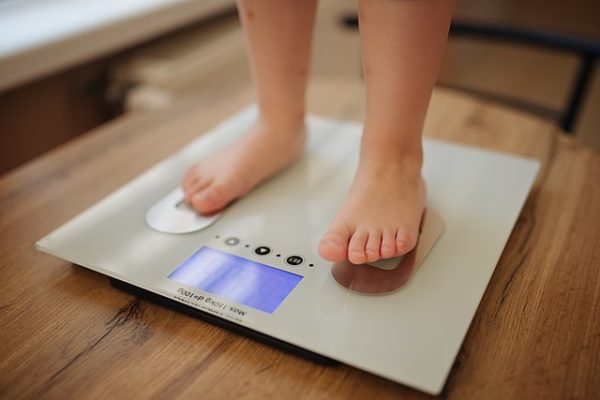 I knew my blood pressure was a problem, but I never took my Body Mass Index (BMI), a measure of body fat, very seriously. I showed my reading, which indicated that I was overweight, to my doctor. “You can’t use that reading,” he said. “You have to use the Asian BMI.” He looked up my BMI on the Asian BMI scale. “You are obese,” he declared.
I knew my blood pressure was a problem, but I never took my Body Mass Index (BMI), a measure of body fat, very seriously. I showed my reading, which indicated that I was overweight, to my doctor. “You can’t use that reading,” he said. “You have to use the Asian BMI.” He looked up my BMI on the Asian BMI scale. “You are obese,” he declared.
Amazing! In the span of 10 seconds, I moved from overweight to obese. I felt tremendously frustrated. I have tried hard not be a sedentary overweight Filipino, putting in mileage, lifting weights, stretching, playing volleyball, even dancing salsa. I could accept that my genes have given me high blood pressure despite a focus on exercise, but being labeled “obese” was hard to take.
My doctor, a thin Vietnamese guy with a slight build, calmed me down. He said that these are goals, not hard guidelines for everyone. He said that if in his own personal case he went by the white standards for BMI, it would catch overweight and obese states far too late. This study showed how for the ethnic groups in Singapore, for a given body fat percentage, South East Asians have a lower BMI than whites.
There has been some controversy over the practice of race specific medicine. This commentary asks whether race is now being commercialized, with BiDil (targetted at African-Americans), being just the start. I personally look at these as targetting people with a certain genetic disposition and that it doesn’t have to be race based. Probably more of my frustration is with the BMI measure itself. Arnold Scharzenegger at his Mr. Universe peak would be considered obese under current BMI standards. Body fat percentage seems to be a better measure, and not just because I am normal using that measure. I just hope that I suddenly don’t become obese again through some new Asian body fat percentage scale!
(photo credit: Nenad Stojkovic, CC BY 2.0 <https://creativecommons.org/licenses/by/2.0>, via Wikimedia Commons)







